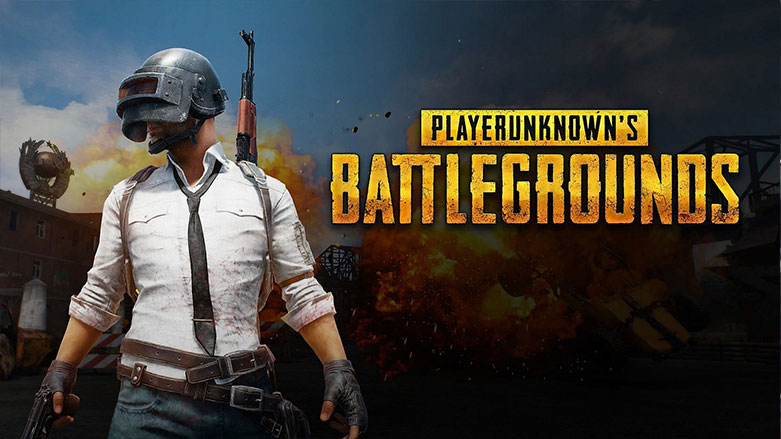Parents claim teen took his life because of PUBG, says Iraqi human rights commissioner

ERBIL (Kurdistan 24) – The popular online videogame PUBG inspired “destructive thoughts” in an Iraqi teen who recently took his own life, the grieving parents claimed as quoted by a human rights commission official in the south of Iraq.
The reported incident involving the teenager, who is from Babil Province, occurred after he was “influenced by the PUBG game,” Zeidan al-Atwani, a member of the Iraqi High Commission For Human Rights, said in a statement on Monday.
PUBG is an online multiplayer game where dozens of players compete for the top spot, with sessions lasting up to an hour at times. Along with its worldwide renown, the game has remained extremely popular in Iraq and the Kurdistan Region among boys and young men.
Atwani added that the seventeen-year-old boy’s family “consider [the incident as] the bell toll for the dangers our children face by being affected by destructive thoughts.”
Although officials and social activists have widely claimed in the past that videogames can cause more violent behaviors among teenagers and children, it is a rarity that such a correlation is made with self-destructive behavior.
Sociological studies in the US into a possible link between the consumption of videogames, and violent and anti-social tendencies are still inconclusive. While some researchers claim to have proven the existence of a link, others point out flawed analytical methodology.
In late November, a young male accidentally killed one of his friends with a shotgun, in what was said to be a “roleplay” of PUBG, which has been at the center of some controversy in Iraq and the Kurdistan Region.
In late October, an Islamic religious authority in the Kurdistan Region ruled it “Haram” (forbidden) to play PUBG for more than “a few minutes” a day, or if playing it impedes a participant's daily responsibilities.
The decision came during a meeting between the members of the Fatwa Committee of Sulaimani, a city in the Kurdistan Region, after they had received complaints from relatives of people reportedly “addicted” to playing the game and therefore causing familial disputes.
Editing by Nadia Riva
